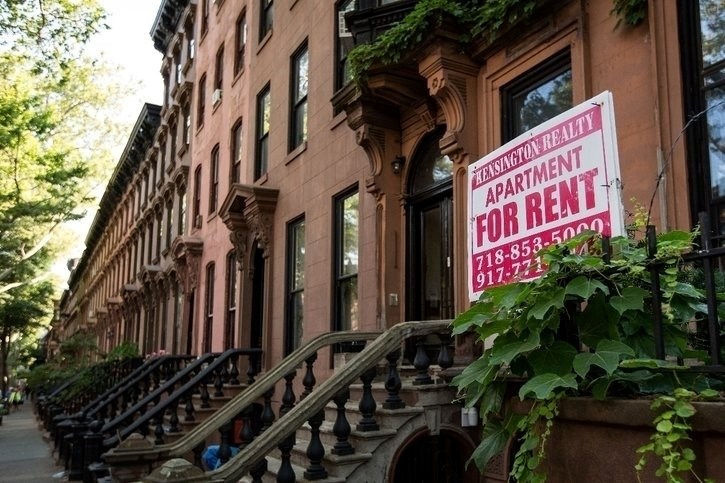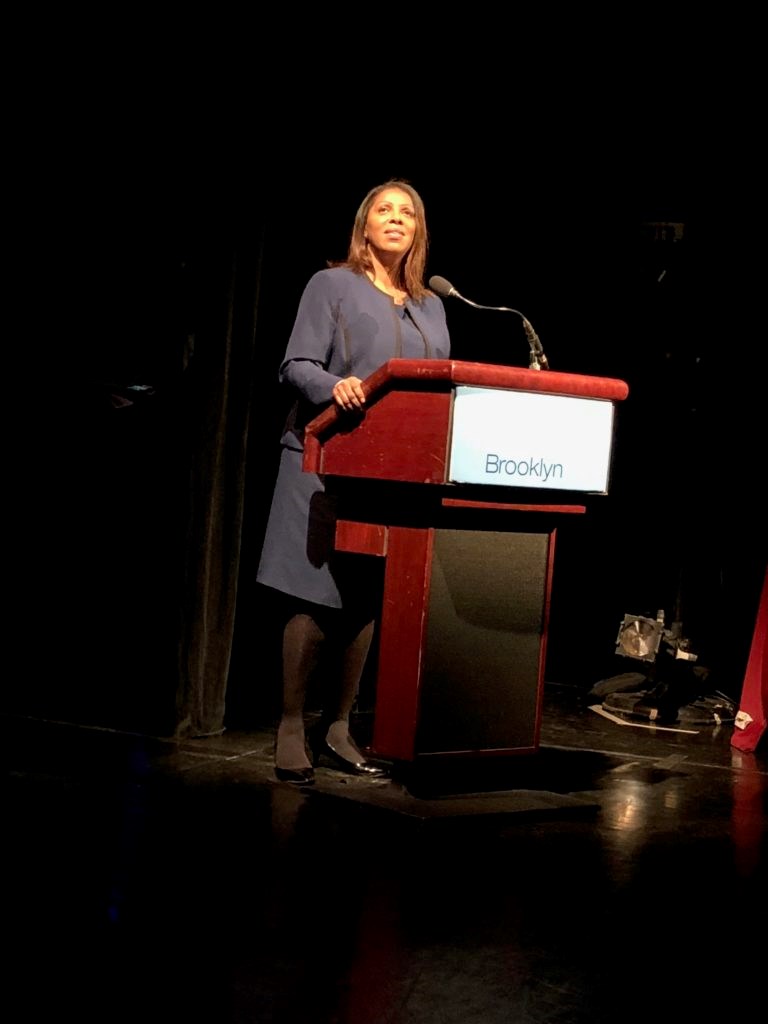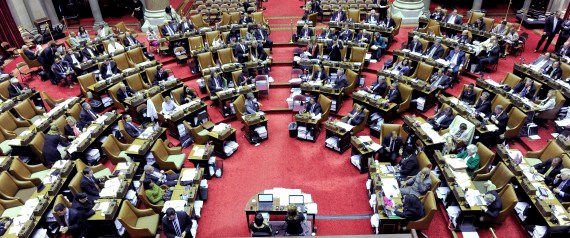State lawmakers on Friday (May 29) passed a package of more than two-dozen bills to support residents statewide whose lives have been upended by the COVID-19 pandemic. Member of both houses either returned to Albany or voted remotely to push through the bills that now requires Gov. Andrew Cuomo's signature to enact the legislation.
"The coronavirus pandemic has disrupted nearly every aspect of our daily lives," Senate Majority Leader Stewart-Cousins said. "This is a time for decisive government action to help the millions of struggling New Yorkers trying to endure this crisis."
The legislation is wide-ranging: from repealing an archaic ban on the wearing of costumes and masks in public to suspending the forfeiture of unemployment benefits based on false statements.
For many Brooklyn residents, the centerpiece of the package deals with helping renters and homeowner keep a roof over their heads during the economic downturn.
Lawmakers passed the Emergency Rent Relief Act of 2020.
"It is a program that will pay rent for April, May, June and July to the extent that people who were low-income before this crisis and during this crisis are burdened by their rent, meaning they're paying more than 30 percent of their income in rent," explained the bill's sponsor Senator Brian Kavanagh, a Democrat whose district includes Brooklyn Heights.

The bill, however, does not satisfy the demands of protesters who want rent cancelled. It offers no real solution for renters who are not low-income and suddenly found themselves unemployed during the pandemic.
For homeowners with mortgages, the lawmakers passed legislation that would require New York State regulated banking institutions to grant 180 days of mortgage forbearance. It includes the option for an additional 180 days, on a residential mortgage on their primary residence to any homeowner who can demonstrate financial hardship from the COVID-19 pandemic.
Under other legislation, local governments across the state could choose to defer certain property taxes during the COVID-19 State of Emergency. It would also permit installment payments to be determined by the local legislative body. No additional interest or penalties will accrue during the deferment period.
During the pandemic, especially during the early stages, price gouging was widespread. Another group of bills seeks to remedy that through state legislation. The proposed law would update New York's anti-price gouging regulations to include medical supplies and services, as well as goods and services used to promote public health.
New York Attorney General Letitia James praised the proposed legislation, calling it "vitally important that the state has all the necessary tools to protect New Yorkers against those seeking to take advantage of this pandemic."

James said her office received more than 5,500 COVID-19 related price gouging complaints since the pandemic started.
"This common-sense measure will enable my office to better protect consumers, small businesses, health care providers, and even the state from price gouging," she continued. "We look forward to seeing this bill signed into law and continuing our work to protect New Yorkers."
In addition to anti-price gouging, the series of legislation aimed at protecting New Yorkers' rights includes protection for whistleblowers who work at health care facilities.
This legislation would prohibit health care employers from retaliating against their workers who speak out about workplace safety or health violations, including to the news media or on social media.
The package includes legislation that would take a closer look at the disproportionate impact of the deadly virus on communities of color. This legislation would require the Department of Health to conduct a study on the health impacts of COVID-19 on minorities in New York State. This builds on the recent joint legislative hearing held on the disproportionate impact of COVID-19 on minority communities.
Health officials have long known about the health disparities that Hispanic and Black New Yorker face, compared to their white counterparts. It's unclear how this legislation will lead to concrete steps to remedy the unequal access to quality health care.




